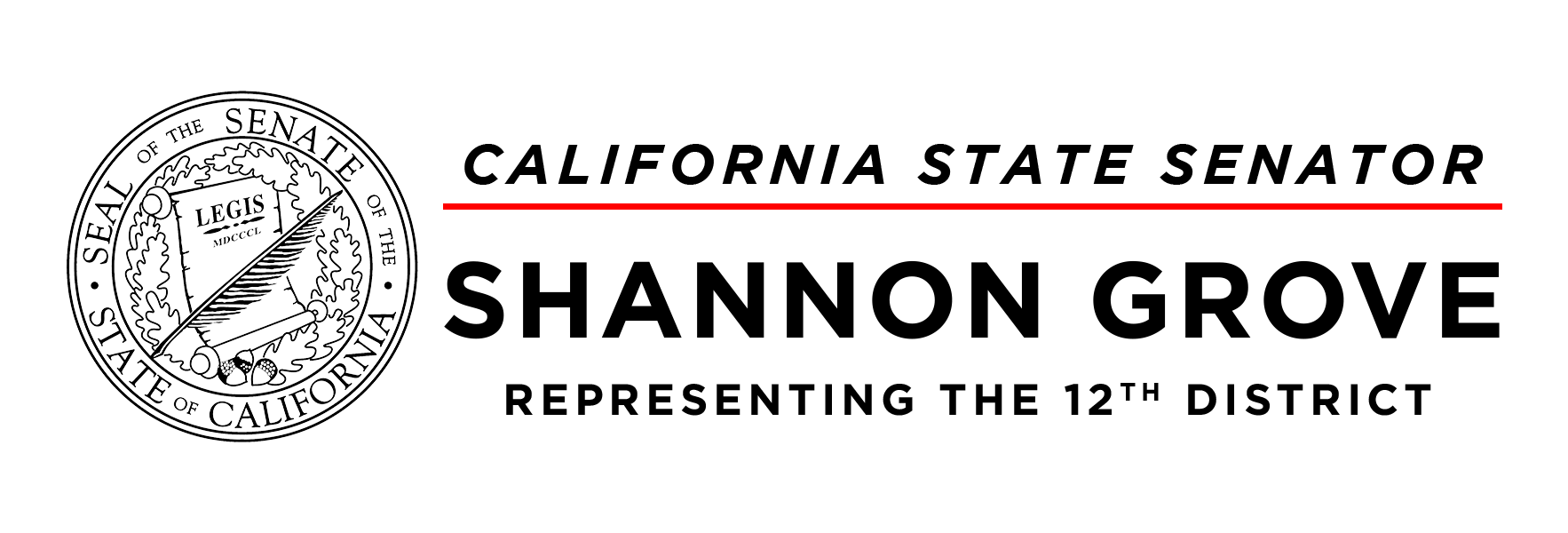Senator Shannon Grove (R-Bakersfield) announced that she has introduced three bills to encourage the ethical use of energy in California:
- Senate Bill 974 will ensure local communities benefit from lithium mining in California.
- Senate Bill 1087 measures the carbon emissions of transporting foreign oil to California, while also considering the human rights and environmental policies of the exporting countries.
- Senate Bill 1239 would require that suppliers of electric vehicles to the State of California must certify that the raw materials, including cobalt and lithium, in zero-emission vehicles purchased by the state come from child-labor free mining enterprises.
“California has placed our energy security into the hands of countries that are actively hostile to our state’s values when it comes to human rights, labor rights, and environmental rights,” said Senator Grove. “We need an ethical approach to our energy production, and that starts with ensuring our imports are produced responsibly and maximizing our domestic production.”
Regarding oil, California currently produces less than 400,000 barrels of oil per day, of the state’s 1.8 million barrel daily need. About 42 percent of California’s oil imports come directly from the Amazon Rainforest in Ecuador, Brazil, Guyana, Argentina, and Peru. California should not be complicit in the destruction of the Amazon Rainforest when all of that oil could instead come from inside California, produced by responsible, accountable, and highly regulated California oil companies.
SB 1087 would implore the Legislature to realize that much of the crude oil imported into California comes from foreign nations with demonstrated human rights abuses, or foreign nations that have environmental standards lower than those in California. The measure would also require the Air Resources Board to report on its website the amount of particulate matter released into the air from tanker ships that import oil into the state in an effort to highlight the air quality impact from the state’s dependence on foreign oil.
“Much of the oil we import could be replaced by California’s in-state producers, providing California jobs, if we were allowed to expand production,” said Senator Grove. “Why would we import millions of barrels of oil from countries hostile to our values when we can produce climate compliant oil right here, while creating good paying jobs and improving our energy supply?”
In California, state government agencies are required to increase the number of zero emission vehicles (ZEV) within the state fleet to fifty percent of new purchases by 2024/25. Many of these new purchases will be electric vehicles with lithium-ion batteries that contain cobalt.
The cobalt needed for electric car batteries is currently mined primarily in the Democratic Republic of the Congo (DRC) where an estimated 200,000 people, including young children, endure terrible environmental and working conditions, including slave labor. Recognizing the prevalence of child labor in the mining of this mineral, in 2009 the U.S. Department of Labor placed cobalt ore from the DRC on its list of goods produced by child labor or forced labor. More than a decade later, child labor persists in cobalt production, raising risks for the entire lithium-ion battery supply chain.
SB 1239 simply requires that suppliers of electric vehicles to the State of California must certify that the raw materials, including cobalt and lithium, in zero-emission vehicles purchased by the state come from child-labor free mining enterprises.
“The Governor’s obsession with electric vehicles is causing profound environmental damage and human misery in places such as the Congo, which supply the raw materials needed for these car batteries,” Senator Grove said. “We cannot in good conscience continue to fund and tolerate this environmental slavery.”
SB 974 is an example of how California should be pursuing an ethical policy to meet our energy and raw materials demand. This bill would ensure that all communities impacted by domestic lithium production would receive a portion of the lithium extraction excise tax to help mitigate for any impact caused by lithium mining.
Currently, the main source of lithium production in California is Imperial County, specifically near the Salton Sea. However, other counties have begun projects to mine lithium and SB 974 ensures a portion of the revenues generated in those counties will stay in the locally impacted communities.
“California should be doing everything it can to expand our domestic energy supplies, from the production of oil to lithium for electric vehicle batteries. In Kern County, the Rio Tinto Borax mine can extract lithium from mining debris. SB 974 ensures a portion of the lithium extraction tax revenue will stay with the town of Boron to improve the local community,” said Senator Grove.
All three bills will be heard by legislative committees in April.
